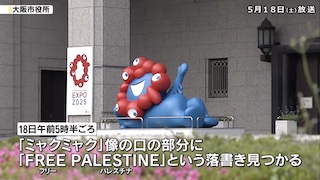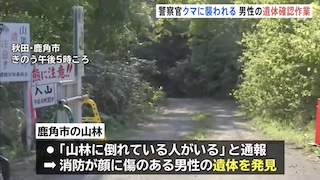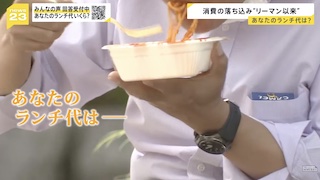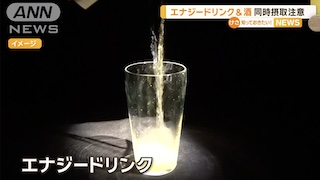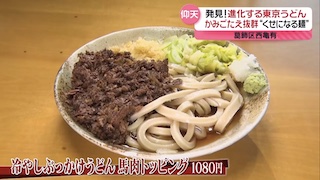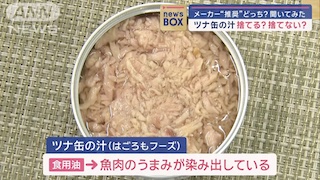HIROSHIMA, Mar 20 (News On Japan) - Hiroshima Prefecture, Japan's top producer of oysters, is facing a crisis as bird flu dampens demand for used shells, leaving storage facilities full to the brim.
Impact of Bird Flu on Feed Demand
Hiroshima is known for its plump oysters, which can be enjoyed raw, grilled, or steamed. The prefecture produces about 17,000 tons of farmed oysters annually, accounting for 60% of Japan's total production.
However, the spread of bird flu has led to a decline in demand for oyster shells as feed, resulting in an accumulation of shells that cannot be recycled in time. The prefecture has six accumulation sites that are now full.
The prefecture has decided to lease public land to producers' associations for temporary storage of shells, securing space for the catch until May. However, with an annual output of approximately 100,000 tons of shells, there is concern that the sites will soon be full again.
Innovative Uses for Oyster Shells
In addition to temporary measures, Hiroshima is exploring ways to utilize the shells. One method involves placing 4,000 tons of oyster shells on the seabed of the Seto Inland Sea to create a habitat for small crabs and shrimp, which in turn attracts fish and enriches the ecosystem.
Another use is in toilet purification devices developed by a Hiroshima company. These devices, used in toilets without sewer connections, contain about 900 oyster shells each. The calcium carbonate in the shells promotes water purification, resulting in water quality so clean that char can live in it within a week. Over 700 units have been installed nationwide.
Oyster Shells Turned into Suits
Aoyama Trading Co., Ltd., based in Hiroshima, has launched suits made from oyster shells. The shells, typically discarded in large quantities worldwide, are crushed into nanoparticles and attached to recycled polyester fibers. This process gives the polyester a soft and smooth texture similar to wool. Each suit uses about one-sixth of an oyster shell.
Looking ahead, Aoyama Trading Co., Ltd. plans to expand the use of oyster shell materials to other clothing items, such as double-breasted jackets and wide-leg pants.
The company hopes that the oyster shell suits will spark interest in sustainability, as the fashion industry increasingly focuses on sustainable practices.
Source: ANN




